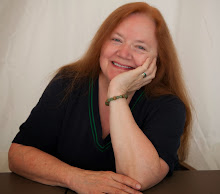Just a quick note before the year ends. I might have time to write more tomorrow, but in case I don't...
I'm outlining a new play. My title is The Stars Are Our Ancestors. It's my first science play. Might be my last, but I hope not. I've always had an interest in science, I didn't have the self-confidence to write about it. Now that I've reached the third act of my life, I will write whatever I please. Note to young writers: write whatever you please for all three acts. In this new play, my protagonist Jenny spends most of her waking life looking at the stars. She has become agoraphobic, but lucky her she has a flat roof where she feels safe. She spends her nights lying on the roof. As an astronomer, she feels comfortable with what she knows. As a genealogist, she has come to believe that her ancestry stretches back to the heavens. Her adoptive mother Verge thinks she has lost her mind. Her 17 year-old daughter is trying to get through her senior year of high school, get into MIT, and get her mom out of the house. No urgency except daughter Djuna is doing her senior thesis on her family tree, so wants Jenny to find her biological family in South Korea, meaning Jenny has to get cured of agoraphobia before Gramma Verge dies of her metastasizing brain cancer and can help them find the family.
South Korea is like a black hole pulling them all closer and closer to the edge, faster and faster ... What happens on the other side of a black hole anyway? Is it true that we all become one?
Would you want Donald Trump deciding what your doctor can do for you?
-
Young trans and non-binary folk and their friends rallied yesterday outside
Stanford Hospital in Palo Alto where institutional cowardice is retreating
wh...
4 hours ago


.png)

